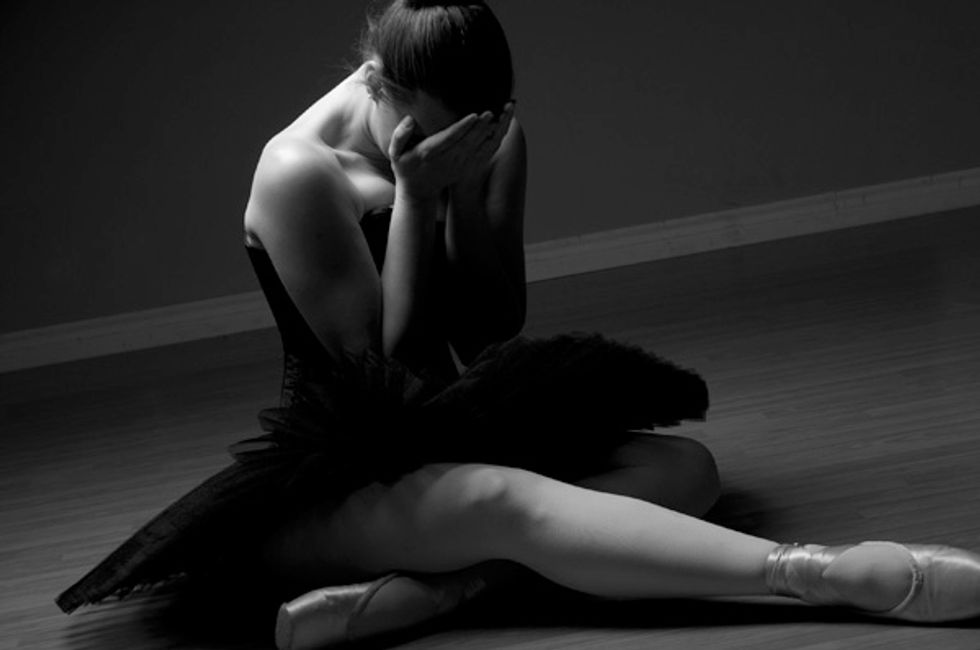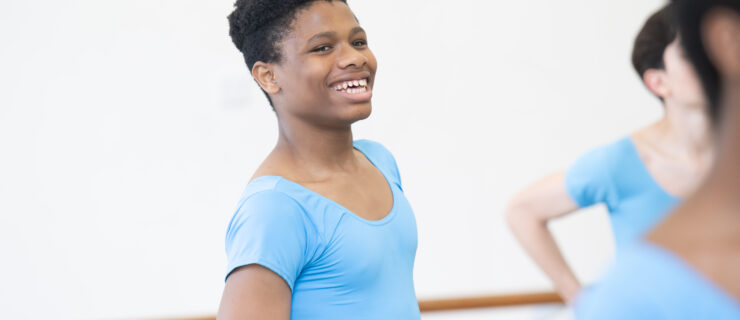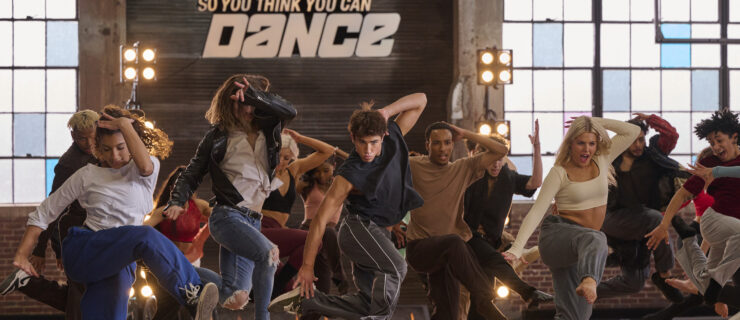Bullies Didn't Break Me
Seventeen-year-old Maya* was bullied all through middle school. Here, she shares her struggle to rise above it and move on.
As told to Rachel Zar

(iStock)
I’ve had the same group of girlfriends—the “popular” kids—by my side my entire life. From the beginning, we sat together in class, we ate lunch together and, after school, we went to the same studio for dance class. We were inseparable.
But in sixth grade, everything changed. My so-called friends began to turn on me. To an outsider, it may have seemed like everything was fine—we still hung out all the time—but they took every opportunity to ridicule me. It started small: They’d crack jokes about how skinny I looked in dance class or about my big forehead. They’d say things like, “Your forehead’s bigger than China” or “Why aren’t you smarter with a forehead that big?” They’d speak about me in Spanish, pretending they didn’t know I understood every word. Things progressively got worse. One girl used an app on her phone to create fake text messages from me and send them to other people. It wasn’t enough that they suddenly didn’t like me—they wanted everyone else to turn their backs on me as well.
Once, they even told a guy I’d never met that I was obsessed with him—and that I was secretly making videos about how much I liked him. He lived in my neighborhood, and one day at the pool, he spotted me, called all his friends over and told them how obsessed with him I was. I was mortified.
Whenever I’d confront the girls, they’d act as though I were imagining things. “You’re like a sister to us,” they’d say. “We love you!” But then it would all just start again.
It hurt so badly, and I would come home from school in tears almost every day. I remember several evenings in seventh grade, telling my mom, “That’s it, I don’t want to go back to school.” She would comfort me and say, “Don’t let them get to you. They’re just jealous.” But I didn’t believe that.

(iStock)
Finally, my mom suggested I talk to my school counselor. When I did, the counselor brought the bullies in for a controlled conversation. I thought we might be making progress, but afterward they called me a “snitch,” a “tattletale” and a “baby.” I told my mom I didn’t want to talk to the counselor anymore. She told me that instead of focusing on the bullies, I should put all my energy into dance. But that was hard to do when they were also at the studio—and it didn’t help that at competitions they were constantly placing higher than me.
I tried to take my mom’s advice to heart, and instead of letting them ruin my confidence, I used what was going on to fuel my dancing. I channeled my frustration into emotion onstage. And it was working—my performances were improving.
Still, my social life was getting worse. I’m a loyal person, and I’d never really considered giving up on my lifelong friends altogether. But once, fed up at the studio, I confided to another girl in my dance class that I was being bullied. We went to the same middle school, so I asked if she would introduce me to her friends. Little by little, as I started to get to know her friends and then their friends, I found that I really liked these people and they were a lot like me. I stopped worrying about what the bullies thought of me and rediscovered my usual, outgoing personality.
I thought my old friends might miss me now that I had moved on. But they didn’t seem to care. They didn’t even say hi to me in the hallways. It was as if I’d never existed.
My new friends were better, more responsible students—so in addition to being happier, my grades went up. I also joined an anti-bullying club at school, where we discussed ways to end bullying in our school.
I remember seeing a younger boy with autism walking the halls with a “kick me” sign on his back. I told him to walk with me, and took the sign off his back. I even confronted the kids who had put it there—something I’d never been able to do with my own bullies. I asked them, “How would you feel if someone did that to you?” I could feel myself becoming more confident.
Freshman year, I transferred to a new high school. Finally, I was no longer in school with my former bullies. But they still took dance classes with me—and they still do to this day. I’m never mean to them, but I have no interest in getting close to them again. In ballet class, I don’t stand near them at the barre. Instead, I move to the other side of the room and focus on myself.
In 2010, my hard work in dance class paid off, and I scored well at a national competition, placing above the bullies. Though I’d been congratulating those girls on their wins for years, they didn’t have one nice word to say to me afterward. Instead, they joked that I didn’t deserve it.
I’ll never be happy that I was bullied in middle school, but I’m glad those girls pushed me out of their group. If I’d stayed close with them, I might have become a mean girl, too. And I don’t want to be like them. I’m happy and doing well at school, and I’ve come a long way with my dancing. I know now that I’m a stronger person—and dancer—because of what I went through.




